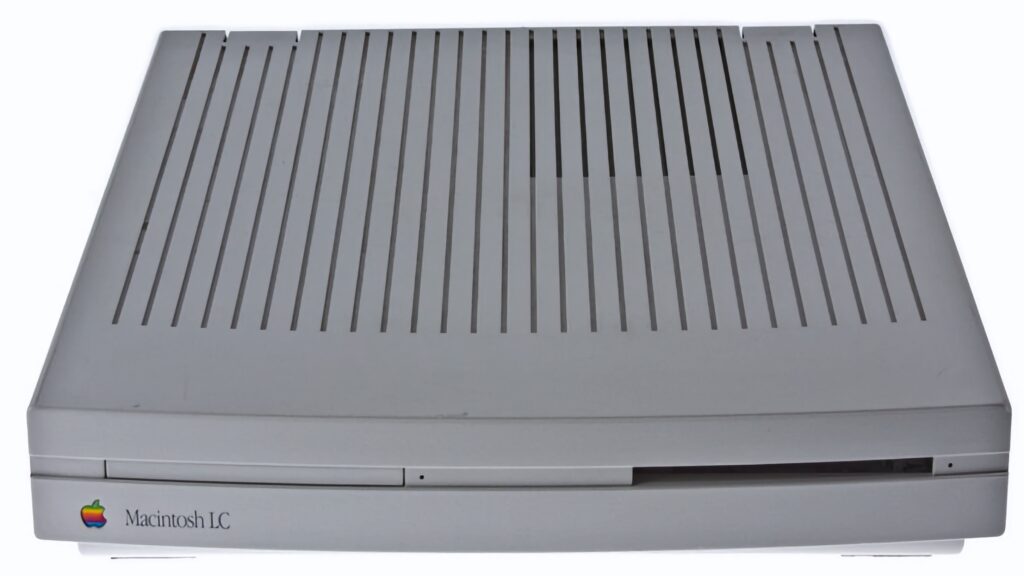A long-time rumor about a rare Macintosh blunder has finally been proven true

Apple is known for the excruciating detail it puts into the design and engineering of its products. But stuff happens every once in a while—for example when the Macintosh LC III was released in 1993, it actually had a mistake on its motherboard, but nobody could confirm the error for years and years. Until now.
Doug Brown, a vintage Mac enthusiast, recently posted on his blog about the restoration of a Macintosh Performa 450, which is a repackaged Macintosh LC III. While replacing the original capacitors on its motherboard, Brown found that one of them was incorrectly installed because the positive and negative terminals were mislabeled.
It turns out that back in 2013, Brown participated in a forum discussion about this issue, but no one could confirm that this was an error on Apple’s part. However, after seeing the issue in the Performa 450 and the correct orientation in other Macintosh LCs, Brown believes that the silkscreen that marks the terminal on the Performa 450/LC III motherboard was done in error.
So why were those Macs still able to work, and why didn’t Apple fix it? According to Brown, that erroneously installed capacitor was rated at 16V but only -5V ran across it, which could have been enough to cause it to fail but not explode or catch fire. Also, it was used only for the serial port and expansion cards, which likely weren’t used by owners of this type of Mac.
When Brown removed the capacitors (C19, C21, and C22), he noticed that the C22 capacitor was mislabeled, resulting in an improper capacitor installation at the factory.
Brown wanted to call attention to this because many computer restoration hobbyist replace old electrolytic capacitors with tantalum capacitors, which “are not quite as forgiving when installed in reverse.” So if you’re in restoring an old LC III, be sure to install the capacitor the correct way.



